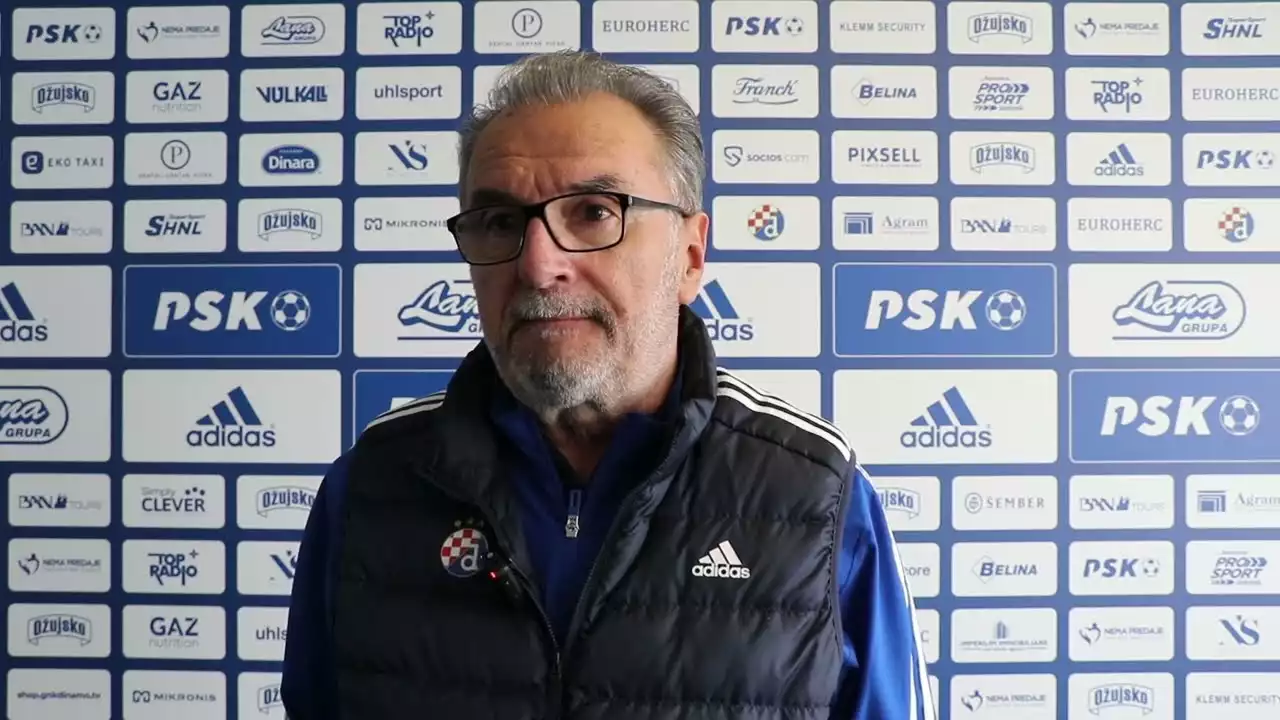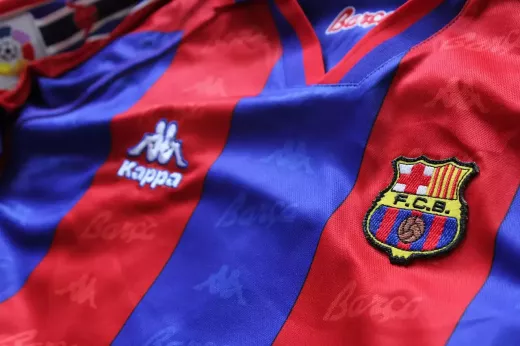The role of managers in football tactics
Managers play a pivotal role in shaping a team's tactics and style of play. They are responsible for developing strategies and formations that optimize the strengths of their players while exploiting the weaknesses of their opponents. In Croatian football, the managers we will discuss have not only elevated the game to new heights but also inspired future generations of players and coaches.
Manager 1: Ante Čačić and his innovative approach
Ante Čačić is a name synonymous with innovation in Croatian football. He successfully implemented a high-pressing game that put immense pressure on the opposition, forcing them into making mistakes. Čačić also introduced new formations, such as the 4-2-3-1 and the 3-4-3, that allowed his players to exploit space more effectively. His emphasis on fluid passing and quick transitions caught the attention of the football world, leading to an influx of young Croatian talents who embraced his style of play.
Under Čačić's guidance, Croatia showcased an attacking brand of football that thrilled fans and propelled the national team to new heights. His ability to adapt his tactics to different opponents and make strategic substitutions was instrumental in their success. Despite facing challenges along the way, Čačić's tactical astuteness and commitment to his principles left a lasting impact on Croatian football.
Manager 2: Slaven Bilić and his fearless style of play
Slaven Bilić is another manager who has made a significant impact on Croatian football. Known for his bold and attacking style of play, Bilić believed in an aggressive pressing game that disrupted the opposition's build-up play. His teams were not afraid to take risks in possession, often launching quick counter-attacks to catch their opponents off guard.
During his tenure as the national team coach, Bilić led Croatia to the quarter-finals of the 2008 UEFA European Championship. His team's fearless approach and commitment to attacking football earned them accolades from both fans and pundits. Bilić's ability to instill confidence in his players and unleash their full potential on the pitch showcased his tactical brilliance.
Manager 3: Zlatko Dalić and the historic World Cup run
Zlatko Dalić will forever be remembered as the mastermind behind Croatia's historic run to the 2018 FIFA World Cup final. Dalić's tactical astuteness and ability to adapt to different opponents were crucial in Croatia's success. He was not afraid to make bold decisions and change formations to exploit the weaknesses of their opponents.
One of Dalić's key strengths was his strategic substitutions. He often made changes that influenced the outcome of matches, thereby maximizing the team's chances of success. Moreover, Dalić placed great emphasis on team unity and created an environment where players were motivated to give their all for the national team. This winning formula propelled Croatia to the biggest stage in football, inspiring a nation and leaving a lasting legacy.
Impact of these managers on Croatian football
The impact of these three managers on Croatian football cannot be understated. They have reshaped the way the game is played in the country, with their tactical innovations influencing both club and national team football. Their emphasis on attacking play, pressing, and adaptability has become ingrained in the DNA of Croatian football.
As a result of their contributions, Croatia has achieved remarkable success on the international stage. From reaching the World Cup semi-finals in 1998 to their historic run in 2018, Croatian football has consistently punched above its weight. The tactical nous and strategic thinking of managers like Čačić, Bilić, and Dalić have played a crucial role in this success.
Lessons learned from these managers' tactics
There are several lessons that aspiring managers and coaches can learn from the tactics employed by these three Croatian football legends. Firstly, the importance of adaptability cannot be overstated. Being able to adjust tactics based on the strengths and weaknesses of the opposition is crucial in achieving success.
Secondly, a fearless and attacking style of play can yield great results. By encouraging players to take risks and express themselves on the pitch, managers can unlock the full potential of their team. This approach not only enhances the enjoyment of the players but also entertains the fans.
Lastly, effective communication and team unity are essential. Managers must foster a positive and inclusive environment where players feel motivated and valued. By nurturing strong relationships within the team, managers can create a cohesive unit that is capable of achieving great things.
Current state of Croatian football and future prospects
Croatian football is currently in a strong position, thanks in part to the contributions of managers like Čačić, Bilić, and Dalić. The national team continues to produce talented players who excel at both club and international level. The success of Croatian clubs in European competitions also highlights the progress made in recent years.
Looking to the future, the challenge for Croatian football is to build on these foundations and maintain the high standards set by their predecessors. The development of young players, the implementation of innovative coaching techniques, and the continued focus on tactical excellence will be crucial in ensuring the sustained success of Croatian football.
The impact of managers in Croatian football cannot be understated. Ante Čačić, Slaven Bilić, and Zlatko Dalić have left an indelible mark on the game through their tactical innovations and achievements. Their contributions have not only elevated Croatian football to new heights but also inspired future generations of players and coaches. As Croatian football continues to evolve, the tactics employed by these managers will serve as a blueprint for success.










